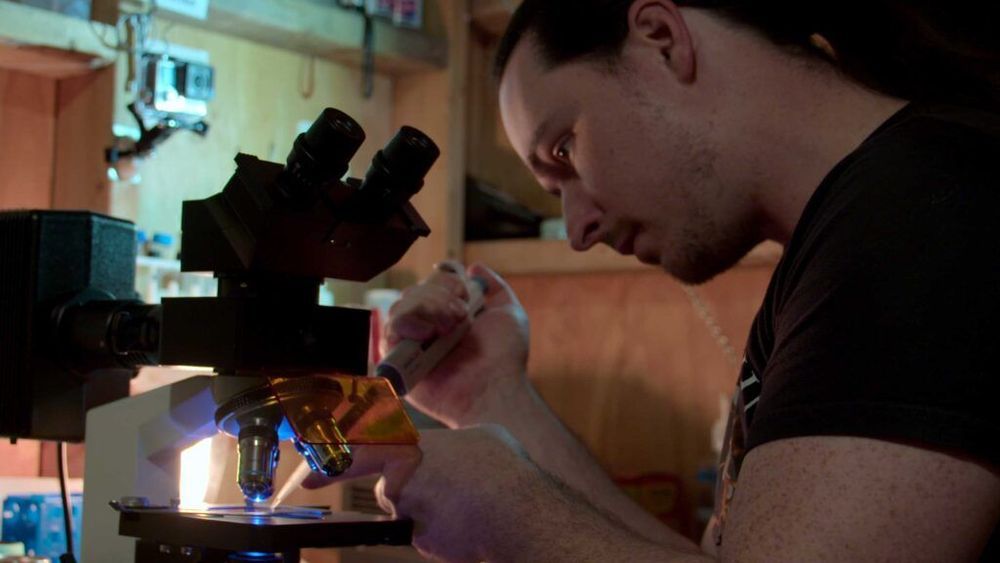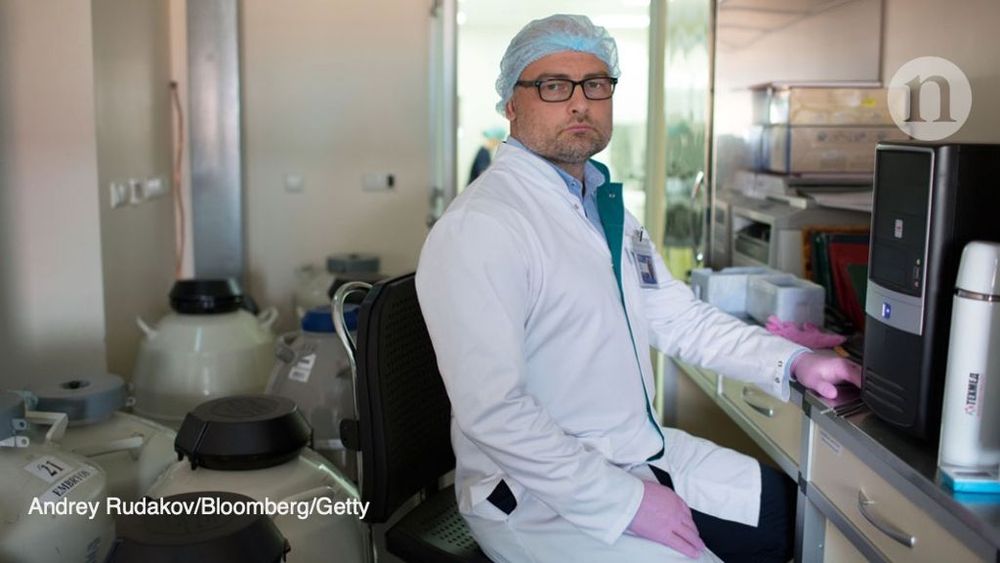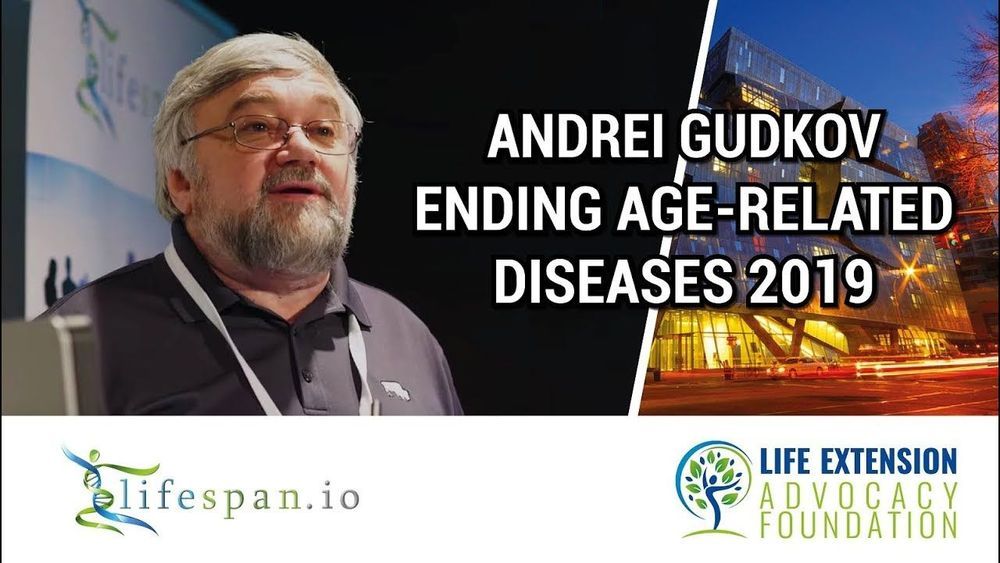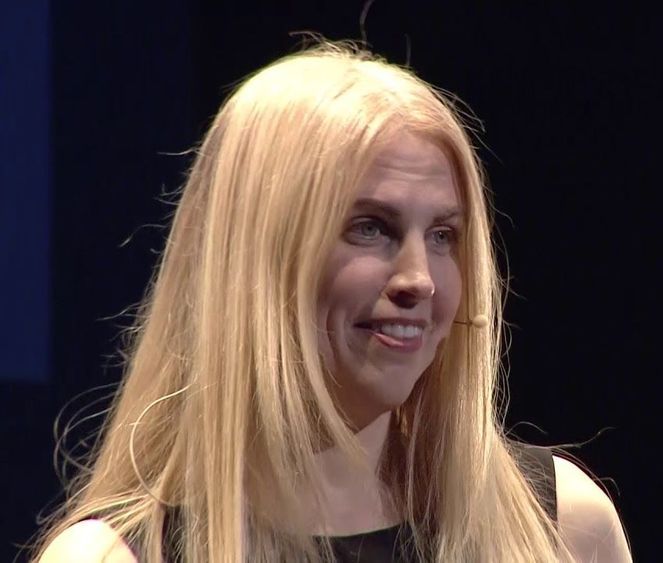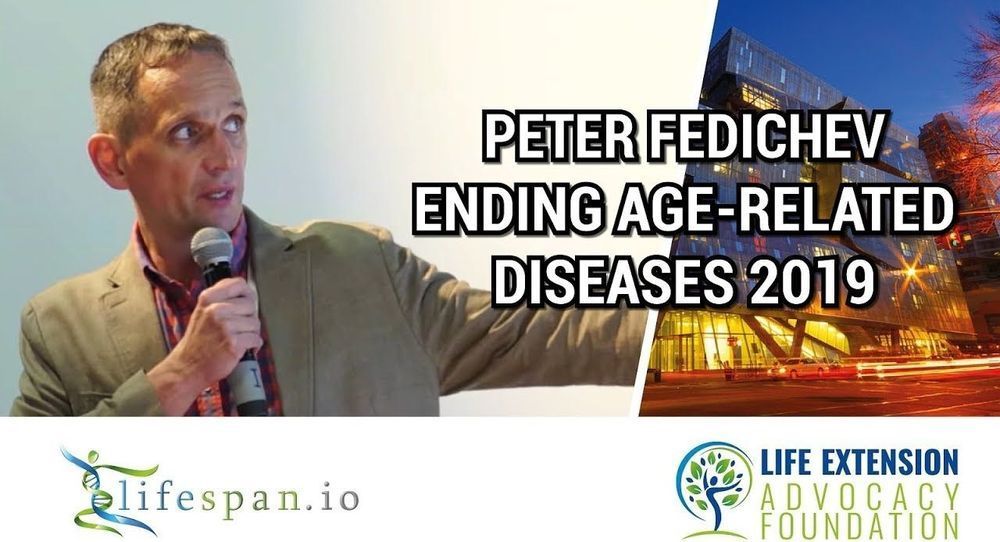Oct 19, 2019
The ‘unbelievable journey’ of CRISPR, now on Netflix
Posted by Genevieve Klien in categories: bioengineering, biotech/medical, ethics, genetics
Mankind’s ability to edit the fabric of human life has led to scientific upheaval, global debate, and at least one international incident. Now, it’s coming to Netflix.
“Unnatural Selection,” a four-part docuseries debuting Friday, dissects the stories, science, and ethics behind genome editing, following academics, biohackers, and patients as they move through a brave new world made possible by technologies like CRISPR.
We recently spoke with co-directors Joe Egender and Leeor Kaufman about how the series came to be and how it frames the sprawling story of human genetic engineering. This transcript has been lightly edited for clarity.
